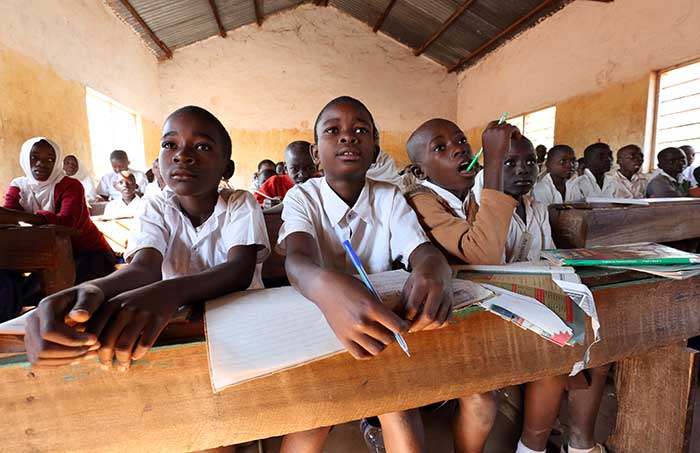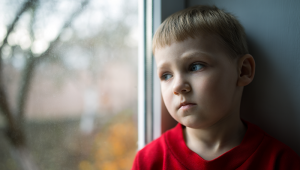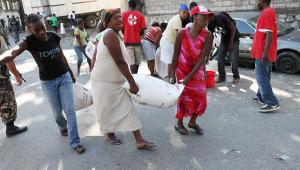The study comes amid heated debate about the proliferation of private schools across the continent, especially for-profit, fee-charging companies that critics argue exclude the poorest and should not replace the state.
According to Caerus, one in five children in Africa – or 41 million youngsters – are already enrolled in private schools. In the next five years, it expects another 25 million, from a variety of backgrounds, to join them.
Its report said many private schools, many of which bill themselves as low-cost, serve the continent’s poor population.
“Africa still has 30 million children out of school,” it continued. “And for those in school, learning is limited because teaching can be poor.
“The private sector is critical to meeting this challenge.”
Innovative private sector teaching models, such as that employed by controversial for-profit school chain Bridge International Academies, enjoy high-profile backing, including from some of the world's most esteemed donors and aid organisations like philanthropist Bill Gates, the World Bank and the UK’s Department for International Development.
But not everyone agrees. NGOs, teaching unions and a United Nations expert are among those that have decried the increasing reliance on such low-cost private schools, especially in countries like Liberia where the government is outsourcing the management of some state schools to private providers.
Bridge International Academies, which plans to be teaching 10 million children across Africa and Asia by the end of the decade, argues its cost-cutting model offers a chance at education to some of the poorest children, overcomes endemic problems like teacher absenteeism and delivers better educational outcomes.
It's critics respond that its fee-charging nature exploits the vulnerable, and that its adherance to standards and teaching, which relies on lesson scripts delivered via tablets, are sub-pair.
Bridge is embroiled in ongoing court cases in both Uganda and Kenya, where national and local authorities respectively are attempting to force Bridge schools to close down. The school has also taken its own legal action against critics it says are making untrue allegations.
Meanwhile, donors that have supported Bridge have been condemned for lending their support to what is perceived to be a flawed model, and not just by the chain’s usual critics.
Examining the UK’s financial support for Bridge, British MPs on the country’s parliamentary aid watchdog said it was “not convinced” funding the schools was the right thing to do and had “serious questions” about Bridge’s relationships with governments, transparency and sustainability.
It added that the quality and accessibility of Bridge’s schools was “variable” and urged Dfid not to make any further investments in the school until independent evidence for its learning outcomes and ability to reach the most marginalised children was available.
Despite the imperfections of the services offered by private schools, some suggest they, often in partnership with the state, are better than the alternative for many children: no education at all. Others however insist money and attention should be directed towards building up public education in Africa, which is best placed to deliver good quality, free schooling to all, especially the most vulnerable.
Teaching unions and NGOs have organised protests against Bridge and other private schools across London today.














